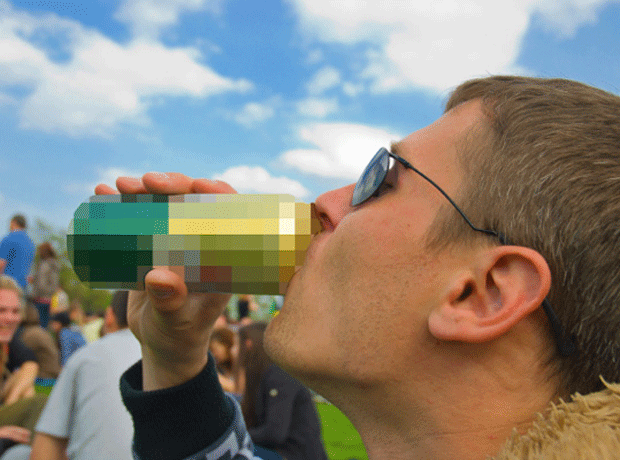
Changes in alcohol habits prompt fall in serious violence
The number of people injured in serious violence in England and Wales dropped by 12% in 2013 compared to 2012, coinciding with a fall in binge drinking.
According to a study carried out by Cardiff University, changes in alcohol habits including less binge drinking, a growing proportion of young people refraining from alcohol and alcohol becoming less affordable, have meant fewer problems with alcohol-associated violence.
The study says an estimated 234,509 people attended Emergency Departments, Minor Injury Units and Walk-in Centres in England and Wales for treatment following violence in 2013 - 32,780 fewer than in 2012.
The data was gathered from a scientific sample of 117 centres.
Lead author of the study, Professor Jonathan Shepherd, said: "The data show another significant year on year fall in serious violence across England and Wales. Apart from a 7% increase in 2008, levels of serious violence have fallen every year since 2001.
"Violence is falling in many Western countries and we don't know all the reasons why," said Professor Shepherd. "In England and Wales, the growth of multi-agency violence prevention involving police, the NHS and local authorities may well be a factor; violence has fallen more in regions where this is best organised. Another probable explanation is changes in alcohol habits. Binge drinking has become less frequent, and the proportion of youth who don't drink alcohol at all has risen sharply. Also, after decades in which alcohol has become more affordable, since 2008 it has become less affordable. For people most prone to involvement in violence, those aged 18-30, falls in disposable income are probably an important factor."
Portman Group Chief Executive, Henry Ashworth, said: "We welcome the sustained fall in alcohol related violence over more than a decade. Hard work by local partnerships between local authorities, police, drinks businesses and community groups is proving most effective at both growing night time economies and reducing harms. For those local communities that still suffer disproportionately from anti-social behaviour we would urge them to embrace this partnership working"
Serious violence affecting all age groups decreased in 2013 compared to 2012 including falls among young people (down 18%); males and females (down 19.1% and 14.1% respectively) and young adults (down 14%; males and females (down 14.3% and 13.3% respectively).
The findings confirmed the demographic that those most at risk of serious violence-related injury continue to be males aged 18-30, and Saturday and Sunday nights are emergency departments' busiest.






